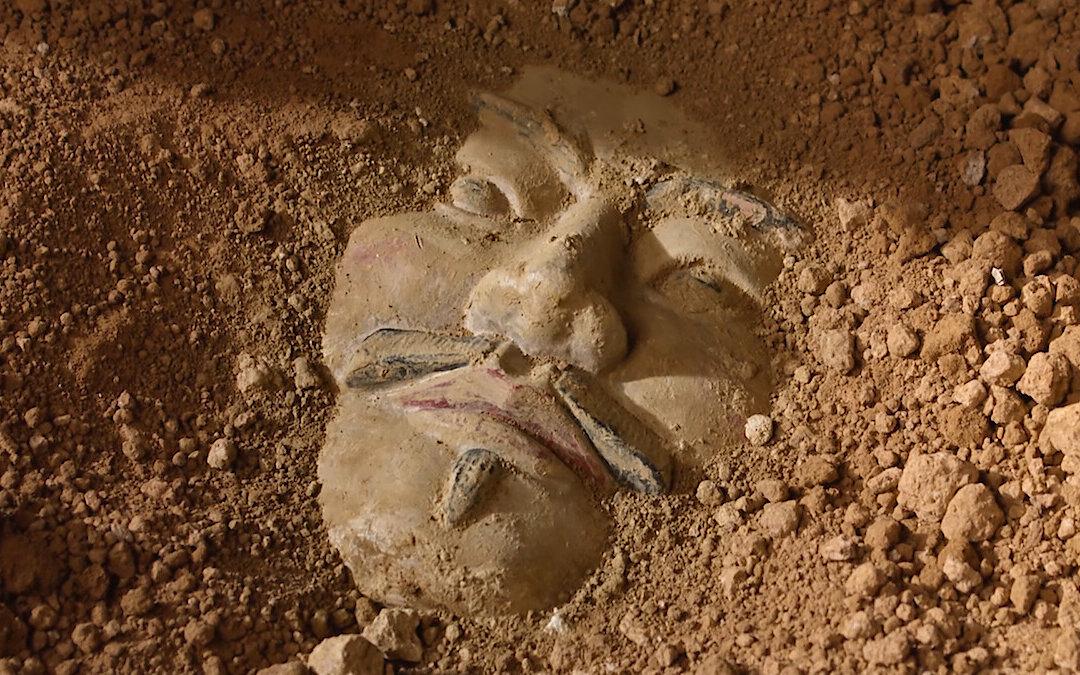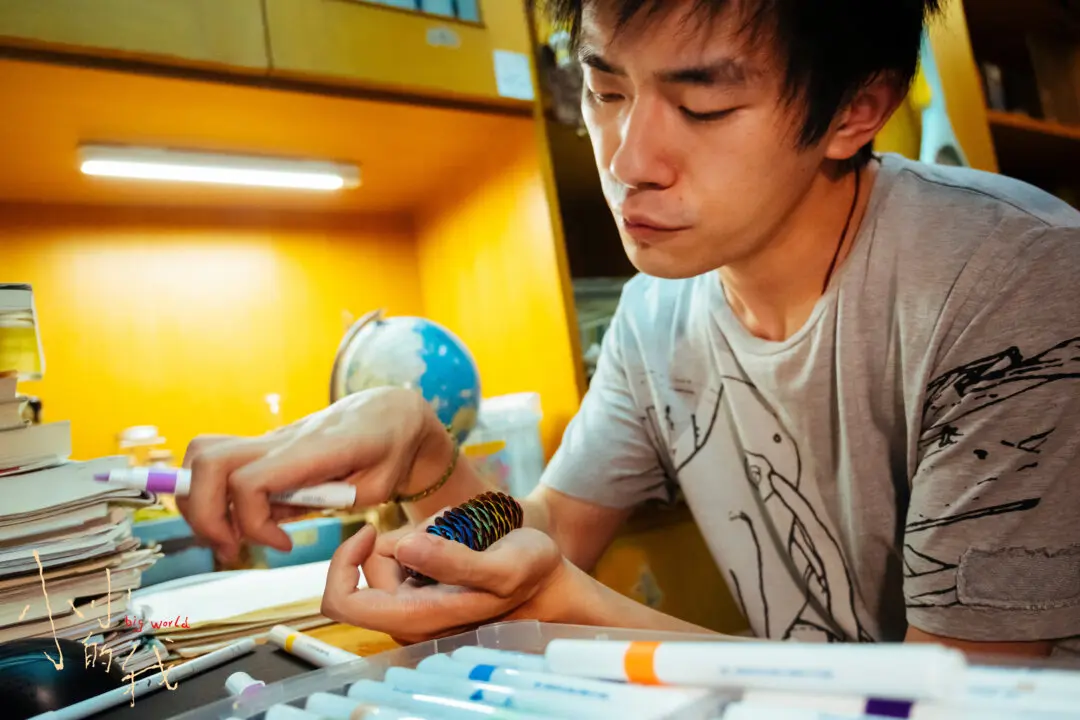PG-13 | 1h 17m | Documentary | 2024
This documentary marks the 50th anniversary of one of the world’s biggest archaeological finds: 8,000 life-sized, intricately designed terracotta warrior figures, concealed beneath mammoth mounds of grass and mud, silently guarding one of China’s most historically significant tombs.





